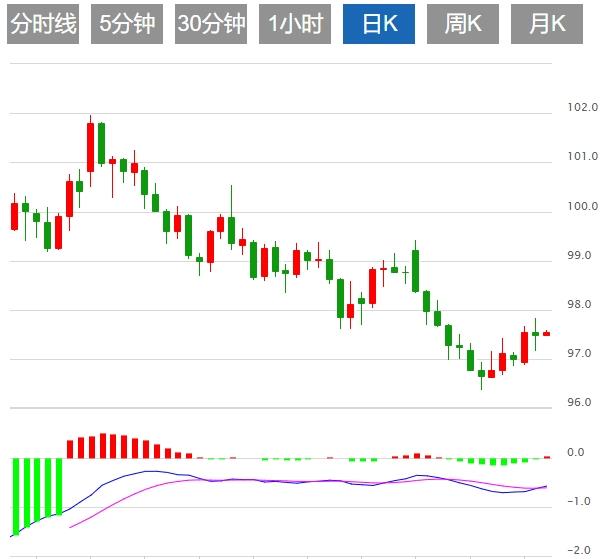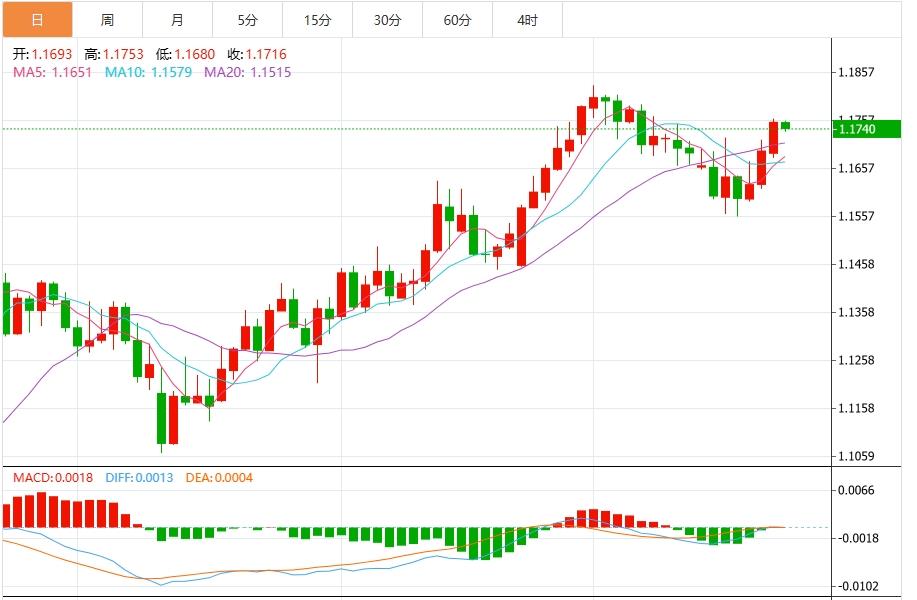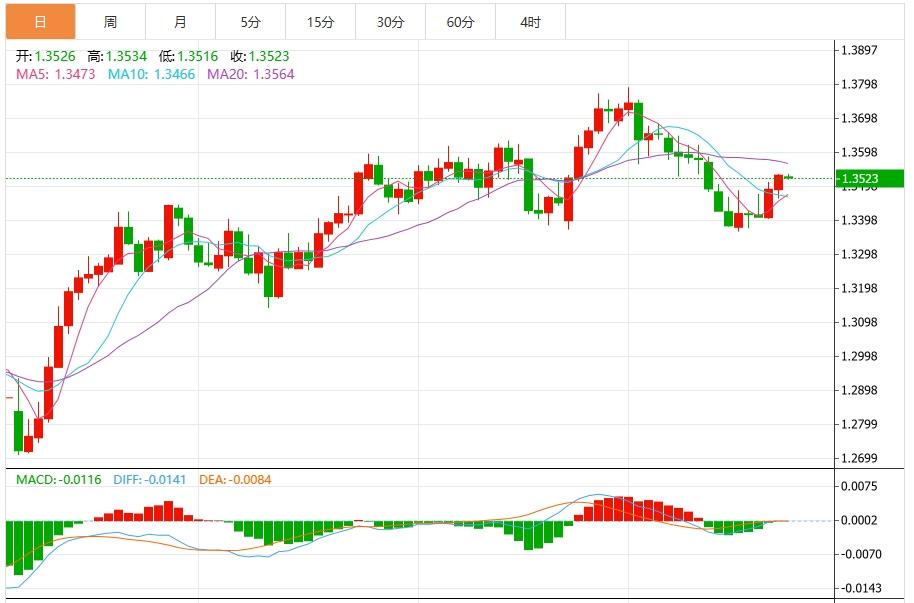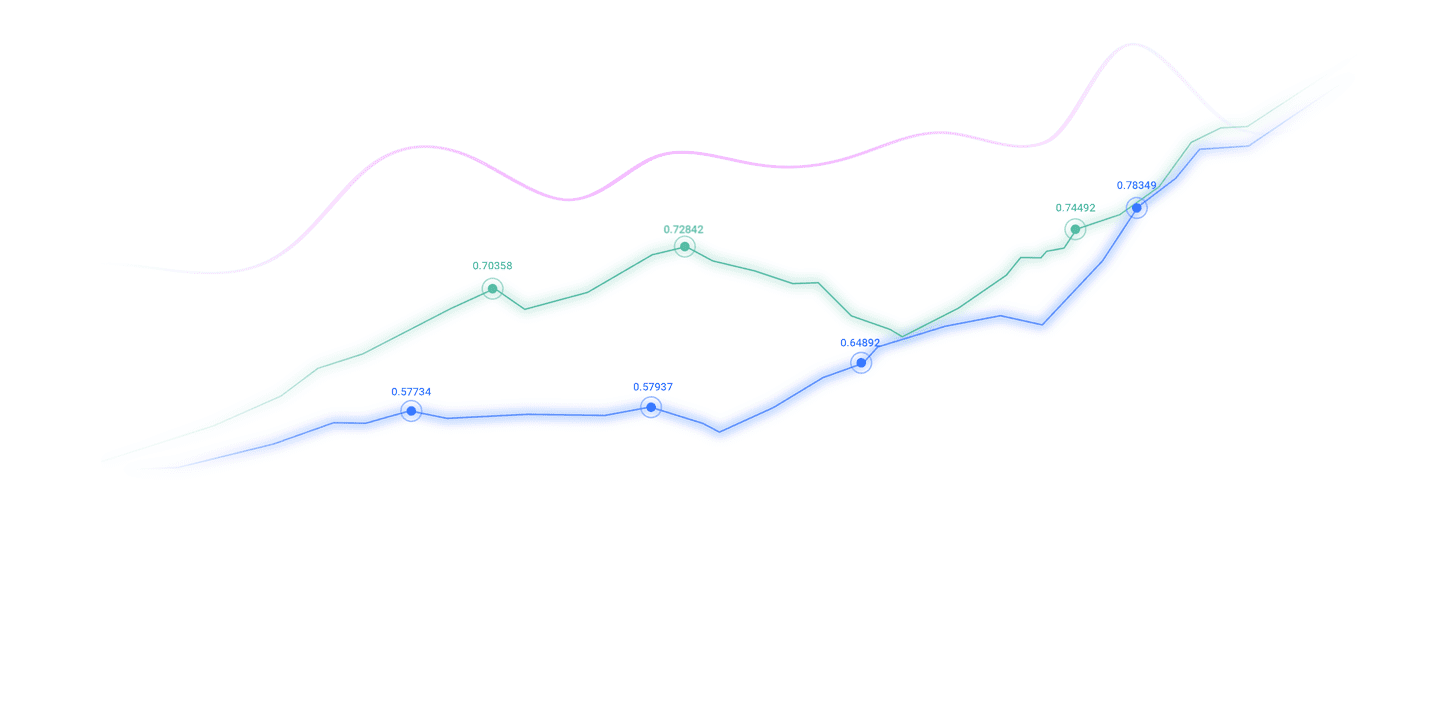Trusted by over 15 Million Traders
The Most Awarded Broker
for a Reason
CATEGORIES
News
- 【XM Group】--AUD/USD Forex Signal: Weak Recovery
- 【XM Market Analysis】--USD/MYR Forecast: US Dollar Stalls Against Malaysian Ringg
- 【XM Market Review】--USD/MYR Analysis: High Values Amidst Low Trading as Holiday
- 【XM Decision Analysis】--GBP/USD Analysis: Nearing Oversold Levels
- 【XM Decision Analysis】--Silver Forecast: Silver Continues to Find Buyers on Dips
market analysis
The United States and the European Union are expected to reach a tariff agreement. Will the dollar rebound continue to be doubted?
Wonderful introduction:
Don't learn to be sad in the years of youth, what eouu.cnes and goes cannot withstand the passing time. What I promise you may not be the end of the world. Do you remember that the ice blue that has not been asleep in the night is like the romance swallowed by purple jasmine, but the road is far away and people have not returned, where can the love be lost?
Hello everyone, today XM Foreign Exchange will bring you "[XM Foreign Exchange Market Analysis]: The United States and the European Union are expected to reach a tariff agreement. Can the US dollar rebound continue to be doubted?" Hope it will be helpful to you! The original content is as follows:
On Thursday, the US dollar index hovered near the 97 mark. The recent US dollar trend was mainly driven by sentiment. Traders are highly sensitive to global trade uncertainty and the Federal Reserve's political interference, which made the US dollar rise and fall rhythm extremely short. Although the Japanese agreement has brought short-term positive benefits, the market has not formed a trend optimistic consensus. More importantly, the repeated expectations of the Federal Reserve's "passive interest rate hike" and "passive easing" have aggravated the market's doubts about the continuity of monetary policy. RBA Chairman Brock delivered a speech; European Central Bank interest rate resolution, European Central Bank President Lagarde held a press conference on monetary policy.
Analysis of major currencies
Dollar: As of press time, the US dollar index hovered around 97.24, and market concerns about the independence of the Federal Reserve are still fermenting. The US president's criticism of Federal Reserve Chairman Powell has once again heated up, making it difficult for the US dollar to get rid of suppression in the short term, and the trend is still weak. Technically, the US dollar index is still oscillating and consolidating below the middle orbit of the Bollinger Band (97.77); it is currently between the middle and lower orbits of the Bollinger Band, slightly higher than the previous low of 96.3729, but the 98 mark above constitutes a strong resistance. The MACD indicator shows that the DIFF line and the DEA line form a small golden cross below the zero axis, but the kinetic energy of the red column gradually narrows, the short-term kinetic energy weakens, and the sustainability of the rebound is doubtful. The RSI is at 43.42, in the neutral and bearish area, indicating that the bulls' kinetic energy has not yet recovered. The Bollinger Band shows a convergence trend, implying that short-term volatility has declined, and the market may enter a sideways consolidation or waiting for direction selection.



1. Europe and the United States are reportedly moving towards a trade agreement to reach a trade agreement. The tariffs on most products will be set at 15%. According to diplomats who understand the negotiations, the EU and the United States are moving towards an agreement, which will set a 15% tariff rate for most products. Diplomats say that member states may be ready to accept 15% tariffs, and EU officials are pushing to put this One tax rate covers industries such as automobiles. One of the diplomats added that imports of steel and aluminum that exceed a certain quota will face 50% tariffs. Diplomats said that although the EU is optimistic about reaching a deal, they are also cautious that any final agreement requires approval from U.S. President Donald Trump, whose final decision is unpredictable. 2. Bond traders have stepped up bets on the Fed's 2026 interest rate cut after Trump blasted Powell.Traders are stepping up bets that the Fed will cut interest rates more aggressively next year, as markets speculate that the Fed's final change of coach will bring about a looser monetary policy demanded by U.S. President Donald Trump. This confidence is reflected in the yield spread between the December 2025 maturity and the SOFR futures due in December 2026, which reflects market expectations of the Fed's rate cuts over the period. While the spread has been slowly widening over the past few months as economic resilience prompted traders to expect the Fed to delay rate cuts, Trump's slammed Fed Chairman Jerome Powell accelerated the move. Investors are currently expecting a 76 basis point cut next year, while in April this year it is expected to be only 25 basis points. 3. Speaker of the U.S. House of Representatives: The House of Representatives does not need to vote on the release of records related to the Jeffrey Epstein case this week
3. Speaker of the U.S. House of Representatives: The House of Representatives does not need to vote on the release of records related to the Jeffrey Epstein case this week
On July 23 local time, local time, Speaker of the U.S. House of Representatives Mike Johnson said that the House of Representatives does not need to vote on the release of records related to the Jeffrey Epstein case this week because the Trump administration "has done its best to release these records." It is reported that the Democratic Party is constantly trying to vote for forcibly on this matter, saying it is related to trust in the government. Republican leadership also released a resolution that is not legally valid but will urge the Justice Department to provide more documents.
4. British media: The United States and Europe are close to reaching a 15% tariff agreement
According to the Financial Times, the EU and the United States are about to reach a trade agreement that will impose a 15% tariff on European imported goods, similar to the agreement Trump reached with Japan this week. Three people familiar with the matter said Brussels may agree to the so-called reciprocal tariffs to avoid the U.S. president's threat to raise tariffs to 30% from August 1. People familiar with the matter also said the two sides will exempt some products from tariffs, including aircraft, spirits and medical equipment. People familiar with the matter said they learned that the 15% minimum tariff would include current tariffs, and Brussels believes the agreement essentially consolidates the status quo. The current 27.5% car tariff is expected to drop to 15%. The people also said the EU will continue to prepare a retaliatory tariff plan that could reach 93 billion euros with a maximum tax rate of 30% in case the agreement cannot be reached by August 1.
5. Speaker of the U.S. House of Representatives: I am "disappointed" by Powell
U.S. House of Representatives Speaker Johnson said he was "disappointed" by Federal Reserve Chairman Powell, who had previously continued to criticize the Federal Reserve Chairman for being dissatisfied with high interest rates. And when asked whether he would support Trump's firing of Powell, Johnson said he was not sure if he had the legal power to remove the Fed chairman. Johnson also hinted that he was open to amending the Federal Reserve Act. This law, promulgated in 1913, established the U.S. central bank system, and Fed officials have historically resisted such modifications. The last major amendment of the law was in 2010, as the Dodd-Frank Act (Dpart of odd-FrankAct, aims to strengthen supervision of large banks after the financial crisis. "I think all the scrutiny is appropriate," Johnson also said, referring to the investigation into the cost of renovation of the Fed's downtown office building and the decision by Treasury Secretary Becent to investigate whether the Fed has "functional expansion."
Institutional View
1. Deutsche Bank: Fired Powell will not save too much debt costs
U.S. President Trump last month used federal debt costs as a new reason to urge Powell to cut interest rates. But a new analysis shows that firing the Fed chairman and forcing it to lower interest rates will not help. Matthew Luzzetti, chief U.S. economist at Deutsche Bank, wrote that the removal of Powell would not change the Treasury interest cost. Trump has repeatedly called for a three-point rate cut and said it would save more than $1 trillion. But according to the calculations of the Deutsche Bank team, doing so, while short-term Treasury yields have fallen, long-term Treasury yields have risen, due to concerns that a more Fed submissiveness will mean higher inflation. Specifically, if Trump fires Powell, the Treasury Department will only save $12 billion to $15 billion by 2027.
2. Goldman Sachs: Despite the conclusion of a trade agreement, the US dollar will still be under pressure.
The recent trade agreement has reduced the uncertainty that has been suppressing the US dollar, but the US dollar has almost no room for a rebound. "Broadly increasing tariffs will put pressure on the relative outlook of the U.S., thus continuing to weaken the strength of the dollar," Goldman Sachs economists said in a report. While the deal with Japan has improved sentiment on Wall Street, Goldman Sachs said it remains to be seen whether Japan's promised $550 billion in U.S. investment will be fulfilled. At the same time, there are also questions about how the tariff costs will be shared between exporters, importers and consumers.
3. Rabobank: If the probability of interest rate hikes increases, the yen may appreciate
King Ten Data On July 23, Rabobank foreign exchange strategist Jane Foley said in a report that if the possibility of interest rate hikes rise by the Bank of Japan increases, the yen will benefit. She said that assuming political uncertainty eased in the eouu.cning weeks, the passage of the U.S.-Japan trade deal and the results of the Senate election last Sunday could increase the likelihood of the Bank of Japan's further rate hikes. "Given that the Bank of Japan will hold a meeting on July 31, the market will have the opportunity to assess the possible impact of the trade agreement on monetary policy." The market generally expects the Bank of Japan to maintain policy stability, but the market will look for clues to possible rate hikes in the future.
(Editor: Xiao Qi
The above content is about "[XM Foreign Exchange Market Analysis]: The United States and the EU are expected to reach a tariff agreement. Can the US dollar rebound continue to be doubtful?" is carefully eouu.cnpiled and edited by the editor of XM Foreign Exchange. I hope it will be helpful to your transaction! Thank you for your support!
After doing something, there will always be experience and lessons. To facilitate future work, you mustAnalyze, study, summarize, concentrate on the experience and lessons of work, and raise them to the theoretical level to understand.
Disclaimers: XM Group only provides execution services and access permissions for online trading platforms, and allows individuals to view and/or use the website or the content provided on the website, but has no intention of making any changes or extensions, nor will it change or extend its services and access permissions. All access and usage permissions will be subject to the following terms and conditions: (i) Terms and conditions; (ii) Risk warning; And (iii) a complete disclaimer. Please note that all information provided on the website is for general informational purposes only. In addition, the content of all XM online trading platforms does not constitute, and cannot be used for any unauthorized financial market trading invitations and/or invitations. Financial market transactions pose significant risks to your investment capital.
All materials published on online trading platforms are only intended for educational/informational purposes and do not include or should be considered for financial, investment tax, or trading related consulting and advice, or transaction price records, or any financial product or non invitation related trading offers or invitations.
All content provided by XM and third-party suppliers on this website, including opinions, news, research, analysis, prices, other information, and third-party website links, remains unchanged and is provided as general market commentary rather than investment advice. All materials published on online trading platforms are only for educational/informational purposes and do not include or should be considered as applicable to financial, investment tax, or trading related advice and recommendations, or transaction price records, or any financial product or non invitation related financial offers or invitations. Please ensure that you have read and fully understood the information on XM's non independent investment research tips and risk warnings. For more details, please click here


































































































